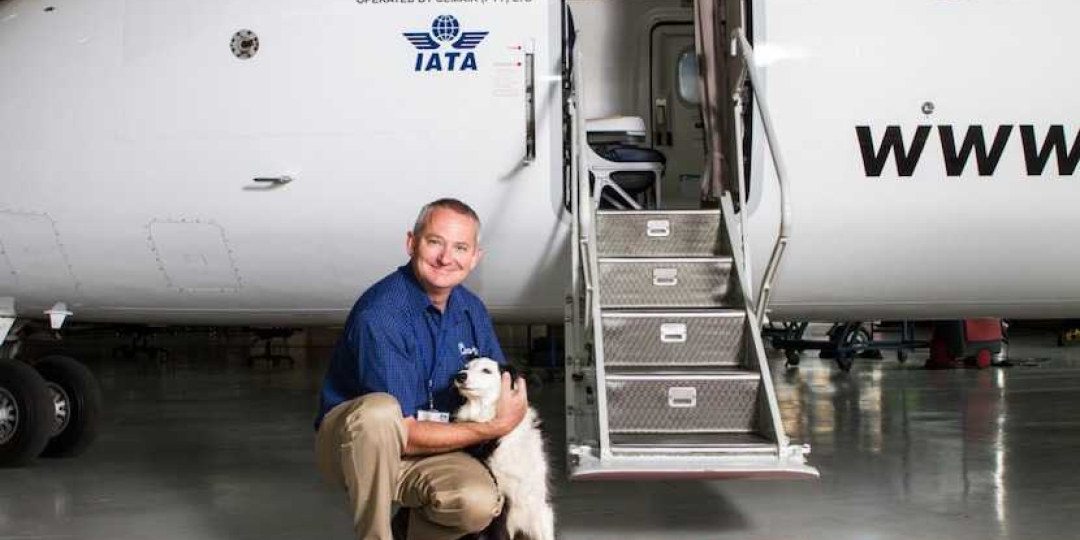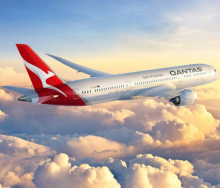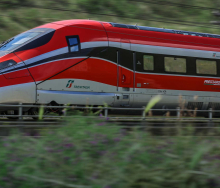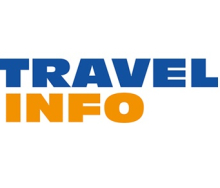Despite a number of regional carriers expressing interest in the popular Johannesburg-Zanzibar route, which Mango operated as a monopoly prior to its suspension last week, it appears there is no quick fix on the cards for a new service to the island, or any other route to or from South Africa.
This is due to the Department of Transport having failed to appoint a new Air Services Licensing Council following the dissolution of the previous one after its tenure ended.
Md and ceo of Airlink, Rodger Foster, and ceo of CemAir, Miles van der Molen, both told Travel News that local tour operators, keen to keep selling direct flights to Zanzibar – which is one of very few international destinations presently open to South African travellers – had been actively engaging with local airlines to find out if an alternative direct service could be introduced.
“We would be very keen to take on this route but the bilateral agreement between South Africa and Tanzania only allows about 28 or 29 weekly flights between the two countries; 26 of these traffic rights are currently held by SAA, SAX and Mango, none of which is servicing the routes. The rights for the remaining two flights were recently awarded to Airlink, which is operating flights between South Africa and Dar es Salaam. This means that there are currently no available traffic rights for us to apply for,” said Miles.
‘No rights available’
FlySafair has also previously told Travel News that its application for traffic rights to Zanzibar had been declined by the Air Services Licensing Council, citing that no traffic rights were available.
Rodger explained that the problem ran much deeper than the simple matter of rights being available or unavailable, revealing that a major ball had been dropped by the Department of Transport, under whose auspices the Air Services Licensing Council operates.
“Section 20 and 21 of the Air Services Act of 1993 outlines that the International Air Services Council has the right to revoke unused traffic rights. The Council should do this automatically but the Act also makes provisions for queries or complaints to be raised to the council relating to dormant traffic rights. In this instance the International Air Services Council must launch an investigation about why the rights are dormant and respond publicly on its assessment, revoking unused rights in order to allow other carriers to apply for them.”
Licensing council defunct
“However,” said Rodger, “as the members of the International Air Services Council serve for only three years, and as their tender has ended, there is currently no council in existence to either revoke or award new traffic rights. This means that, regardless of interest in the destination, there is no immediate solution to close the gap created by Mango’s suspension of the route.”
He added that the Minister of Transport was aware of the situation and had undertaken to appoint five council members in accordance with Act 60 of 1993, which would hopefully take place before the end of May.
Protecting SAA, SAX?
“Not only did the International Air Services Council disband in March without replacements being appointed but the previous Council left their position with a massive backlog of applications unattended to. We believe that this was due to governmental pressure to prevent injury to SAA and SAX through the revocation of their traffic rights ahead of their supposed ‘imminent’ restarts,” said Miles.
“As an example, we applied for rights to fly to Accra on November 10 last year and while the law requires every application to be gazetted within 30 days and for an application to be adjudicated within 120 days, we are yet to see the publication of our application, despite making more than 50 phone calls to follow up on the matter,” he continued. He added that CemAir was working closely with local tour operators to see if there was a way to enable direct flights to Zanzibar on a charter basis instead.
DOT increases SA's isolation
Independent BRP and aviation economist, Dr Joachim Vermooten, said the lack of adjudication of applications for international (over-border) flights by South African airlines resulted in a self-imposed reduction in air connectivity between South Africa and other countries. This added to the isolation of South Africa, apart from the regulatory impact of COVID-19 restrictions already imposed by other countries. COVID restrictions had already made aviation operations much more difficult than usual, and the regulators needed to counterbalance this at every level to enable rather than restrict the industry. “It is vital for recovery that the state does all possible to allow airlines to find new markets and enter these without unnecessarily hampering them,” said Joachim.
Local operators canvassed by Travel News were particularly interested in pursuing charter options for flights to Zanzibar over peak season but said they first needed to establish whether Mango intended to reinstate its flights to the island or not, as many clients had already paid for their tickets and needed clarity on whether or not they would be able to make use of them in future. Operators believed that it was Mango’s intention to reinstate the route but this was dependent on whether it received recapitalisation funding from SAA. From their communications with airline staff, operators were of the opinion that the route would be reinstated by early August. In the meantime, indirect flights to Zanzibar on Kenya Airways, Ethiopian Airlines and Qatar Airways would suffice.














